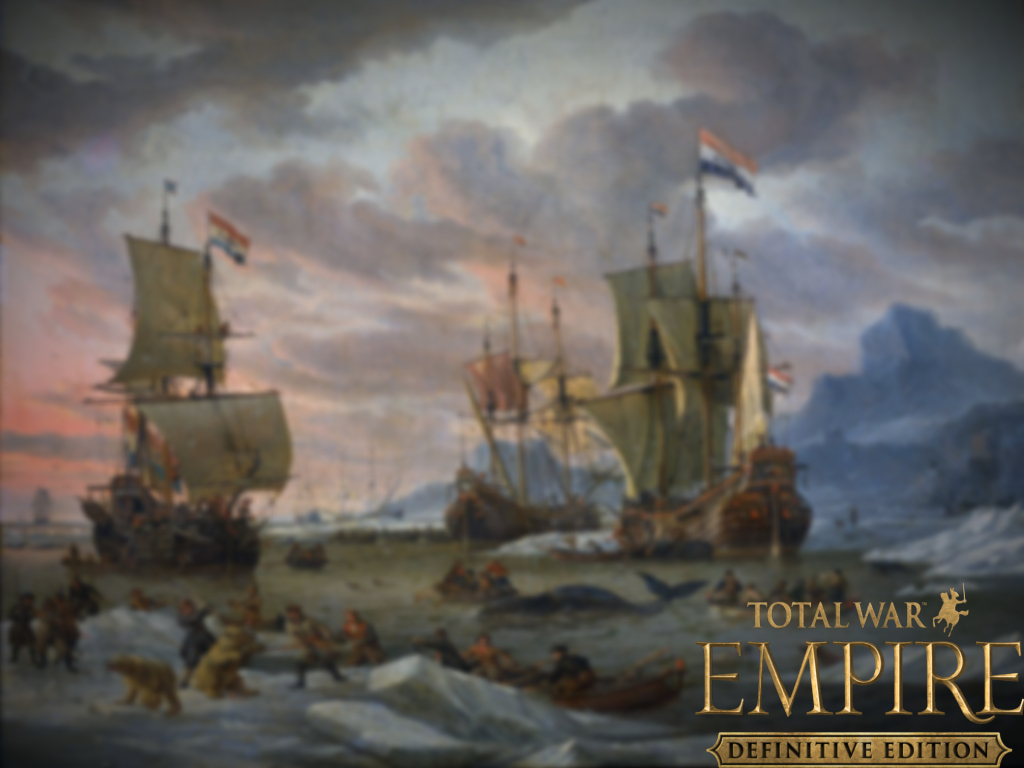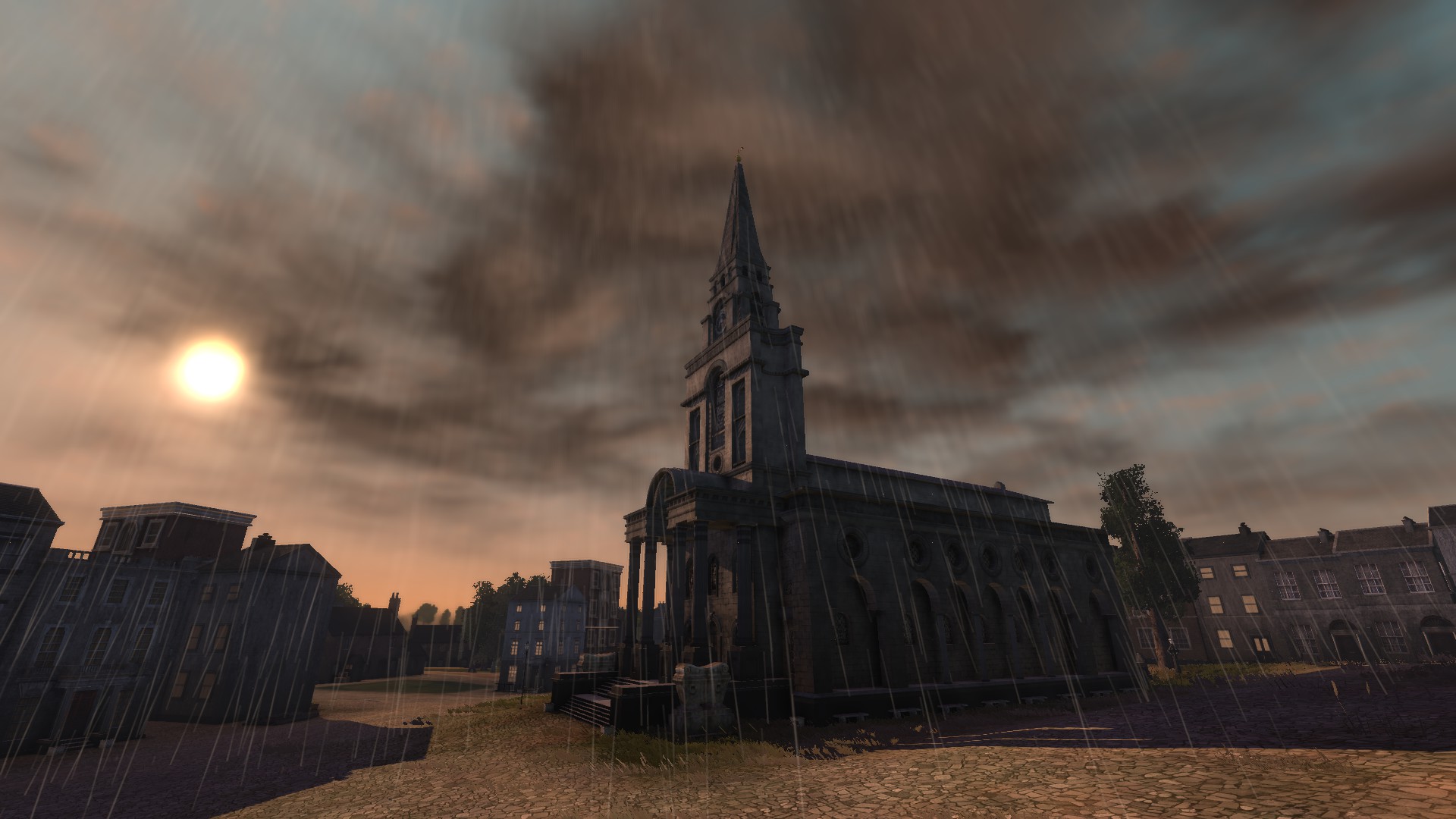
Modern writing on warfare too often lacks this needed basis. The term is commonly used in discussions of warfare, but usually as an undefined catchall that fails to provide a firm foundation for discussion and analysis.
#Total war definition code
Most would agree that Lieber’s code influenced the drafting of the first Geneva Convention in 1864 and helped to bring greater rigor and uniformity to the protection of non-combatants in wartime.The historian Peter Paret pointed out in 1960 that “any discussion of war is bedeviled by a confusion of terms… the definitions have undergone repeated modification-and in different countries not always to the same effect.” “Total war” perfectly illustrates this problem. Historians disagree about how much credit or blame should be given to Lieber and the code for the patterns of violence that emerged in the conflict in 1864≡865. Critics focused mostly on the loopholes (which were ample) but the code represented the first legal definitions for many of the concepts that had circulated under the mantle of just war theory for centuries.

Lieber drew on the principles of just war and the work of men like Vattel and Grotius to craft concrete policies for the army.
#Total war definition manual
100, “ Instructions for the Government of the Armies of the United States in the Field.” Written by Francis Lieber, the German-born jurist and political philosopher, this manual was widely distributed and read within both the United and Confederate States.

The policy of logistical devastation practiced by Grant and Sherman late in the war was consistent with just war theory. However, both armies did consume and destroy vital resources, leaving the citizenry to suffer as a result. Although many of the Civil War’s participants conceptualized the conflict as a total war, they did so largely because the war demanded (at least for the South) that all of the nation’s resources be devoted to fighting the war. Actors on both sides committed atrocities and sometimes violated the rules of war, but compared to other conflicts of a similar nature civilians suffered relatively little direct physical harm. In the Civil War, by contrast, we can see that both sides selected the targets of lethal violence with fairly high precision. This form of total war produces indiscriminate use of lethal force, as the millions of non-combatant deaths in both theaters of World War II attest. In the latter case, total war indicates the use of air power and strategic bombing to disable an enemy’s infrastructure-roads, power plants, etc.-but also to target whole cities and the civilian populations within them. Civil War it has a very different meaning than when it is used to describe 20th-century conflicts. It is important to note that when the phrase “total war” is applied to the U.S. Most Americans on both sides of the Civil War conflict were familiar with the guiding principles, if not the details, of the just war doctrine. In common with European military and political leaders, most Americans on both sides of the Civil War conflict were familiar with the guiding principles, if not the details, of the just war doctrine. The just war theory (then and now) does not seek to eliminate war but to establish uniform rules that will limit the scope of conflicts, especially the practice of lethal violence and property destruction against innocent non-combatants.

Most Americans encountered the ideas of just war through the writings of Emerich de Vattel, a Swiss-born theorist whose 1758 Law of Nations explained when nations could legitimately resort to armed conflict and how they could behave once engaged. Augustine and Thomas Aquinas, scholars such as Francisco de Vitoria and Hugo Grotius began to systematize the various aspects of the just war theory in the 16th and 17th centuries. Instead of binding international rules or conventions, the major pressure for armies to behave responsibly in wartime in the mid-19th century came from the philosophical and religious beliefs behind the theory of “just war.” Drawing on the writings of St. Were there any international rules of war at the time of the American Civil War? When the policy of total war was put into practice, was there any 19th-century type version of the Geneva Conventions in place? What was the United States' official stance on a "just war" or didn't we subscribe to that then? Answer


 0 kommentar(er)
0 kommentar(er)
